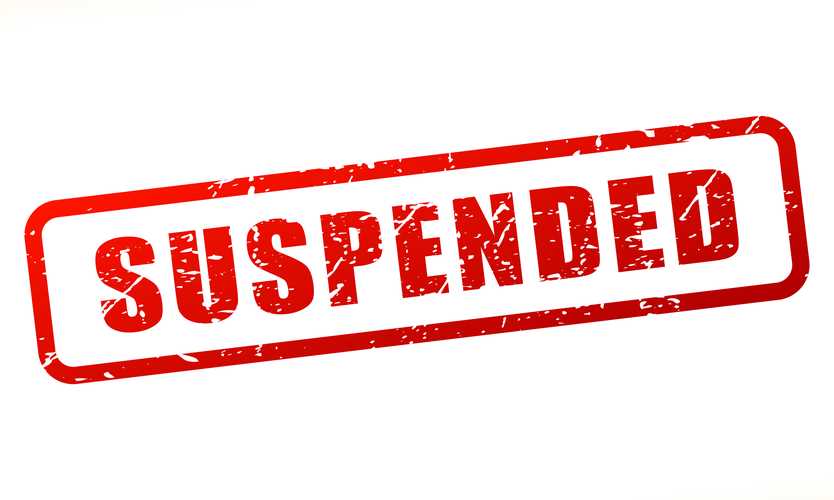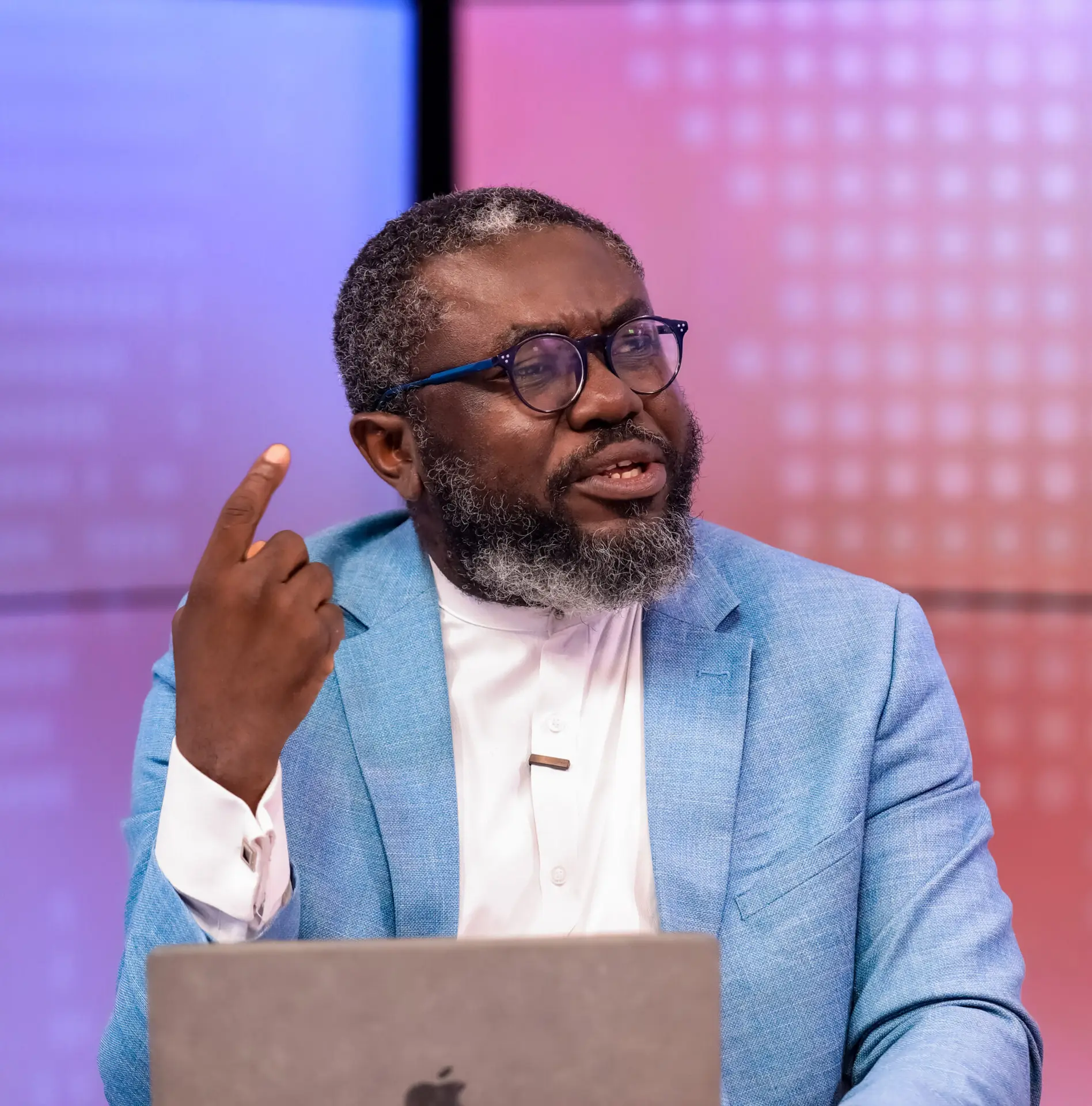
By D. Deladem KISSEIH
“The Internet is the nervous system of our global civilization; sever it, and society convulses.” Dr. Vinton Cerf, Co-Inventor of the Internet Protocol
“The country that takes the lead in the sphere of computer-based artificial intelligence (AI) will rule the world.” Vladimir Putin, Russian President
In a world increasingly reliant on digital connectivity, the idea of a day without the internet feels almost dystopian. But recent events have shown that such a scenario is not only possible, it is alarmingly probable.
As of July 2025, more than 5.35 billion people, representing 66.2% of the global population, are online (Statista, 2025). The internet now serves as the digital bloodstream of modern civilization, enabling everything from communication and commerce to healthcare, transportation, governance, and education.
And yet, in March 2024, the world caught a disturbing glimpse of what happens when that lifeline is suddenly severed.
A mysterious and widespread undersea cable outage disrupted connectivity across West Africa, Europe, and parts of the Middle East. Key fiber-optic cables—WACS, SAT-3, and ACE suffered damage off the coasts of Côte d’Ivoire and Senegal, crippling digital infrastructure in nations like Ghana, Nigeria, and South Africa.
For nearly 48 hours, chaos ensued as banking services froze with ATMs, payment platforms, and online transactions halted, E-commerce collapsed as online sales stalled, dealing major losses to businesses, hospitals struggles with access to cloud-based patient records was delayed while airlines grounded flights since ticketing and control systems slowed dramatically whereas government portals failed with public communication and e-services shutting down.
In short, daily life came to a standstill.
While satellite internet, particularly Starlink, provided temporary relief in some areas, many institutions and individuals lacked the infrastructure to pivot quickly. The National Communications Authority (NCA) in Ghana fast-tracked regulatory processes to authorize Starlink’s operations in the country, resulting in a spike in subscriptions. But this patchwork solution only highlighted the fragility of our global internet ecosystem.
While most assume the internet is a virtual entity, its foundation is deeply physical. A staggering 99% of global data traffic relies on over 1.4 million kilometers of undersea fiber-optic cables (TeleGeography, 2024).
These cables are vulnerable to natural disasters such as earthquakes and landslides, sabotage (deliberate attacks on cable landing stations, cyberwarfare (combined attacks on satellites and infrastructure), solar flares and space debris collisions.
Just a week before the March 2024 outage, an unexpected voice predicted the event.
Venerable Samuel Ato Duncan, a Ghanaian researcher and founder of the Center of Awareness Global Peace Mission, warned of a coming disruption in a message sent to this reporter:
“Dela, something is about to happen, which is just a dress rehearsal to a major phenomenon. The Internet is about to go down.”
According to Ato Duncan, the outage was not merely a coincidence, but a warning sign of something greater. He claims to access a deeper realm of understanding he refers to as the Universal Systematic Intelligence Structure (USIS), a concept he has studied for over four decades.
“Humanity has become so comfortable with technology that we forget the deeper systemic flaws that underlie its existence,” he said. “We must rethink our digital infrastructure, not only in terms of efficiency but in alignment with the values of peace, sustainability, and human dignity.”
While most experts believe a global internet shutdown is unlikely, the March 2024 event proves it is not impossible.
Imagine, even briefly, a world without the internet, $10 billion lost daily in the financial sector (Forbes, 2023), SWIFT disabled, freezing international money transfers, Telemedicine and cloud-based patient data inaccessible, $6.3 trillion global e-commerce halts overnight, 1.3 billion students out of school (UNESCO), Air traffic control, logistics, and supply chains paralyzed and Military and emergency communications disrupted.
In 2022 alone, partial shutdowns cost the global economy $24 billion (Top10VPN, 2023). A complete collapse would be incalculable.
To avoid future catastrophe, Ato Duncan insists that we must “return to the source.” He believes the internet must evolve, not just technologically, but spiritually and philosophically.
“The Earth operates on a system of intelligence. If we align with that, we can create resilient systems that not only withstand disruption but promote peace,” he said.
“If the internet were to go down today, I assure you, I can fix it.”
A bold claim, but one rooted in his lifelong research. In November 2024, Ato Duncan launched “A Blueprint to Sustainable Global Peace” at the Accra International Conference Centre, drawing leaders from politics, religion, and academia. The event was broadcast live across Ghana, underlining the growing influence of his ideas.
While not trained as a conventional scientist, Ato Duncan is no stranger to breakthroughs. Known for his work in plant medicine, he has consistently invested his personal resources into peacebuilding, health research, and now, digital security.
Through the Center of Awareness Global Peace Mission, Ato Duncan continues to advocate for reconnecting with our Creator, both for spiritual balance and technological advancement.
“Every problem has a solution. If a solution doesn’t exist, it means we’ve not yet discovered the right knowledge,” he maintains.
Today, the world stands at a tipping point. The internet, once a symbol of human ingenuity, has become our Achilles’ heel. As AI, cloud systems, and smart infrastructure dominate our lives, we must ask: Are we prepared for a day without it?
Samuel Ato Duncan offers a provocative answer: the solutions lie not only in fiber optics and satellites, but in a systematic intelligence that sustains the Earth itself.
Whether you believe in his prophecy or not, one thing is clear: the time to act is now.
The post When the internet ceases: A catastrophe on the horizon? appeared first on The Business & Financial Times.
Read Full Story











Facebook
Twitter
Pinterest
Instagram
Google+
YouTube
LinkedIn
RSS